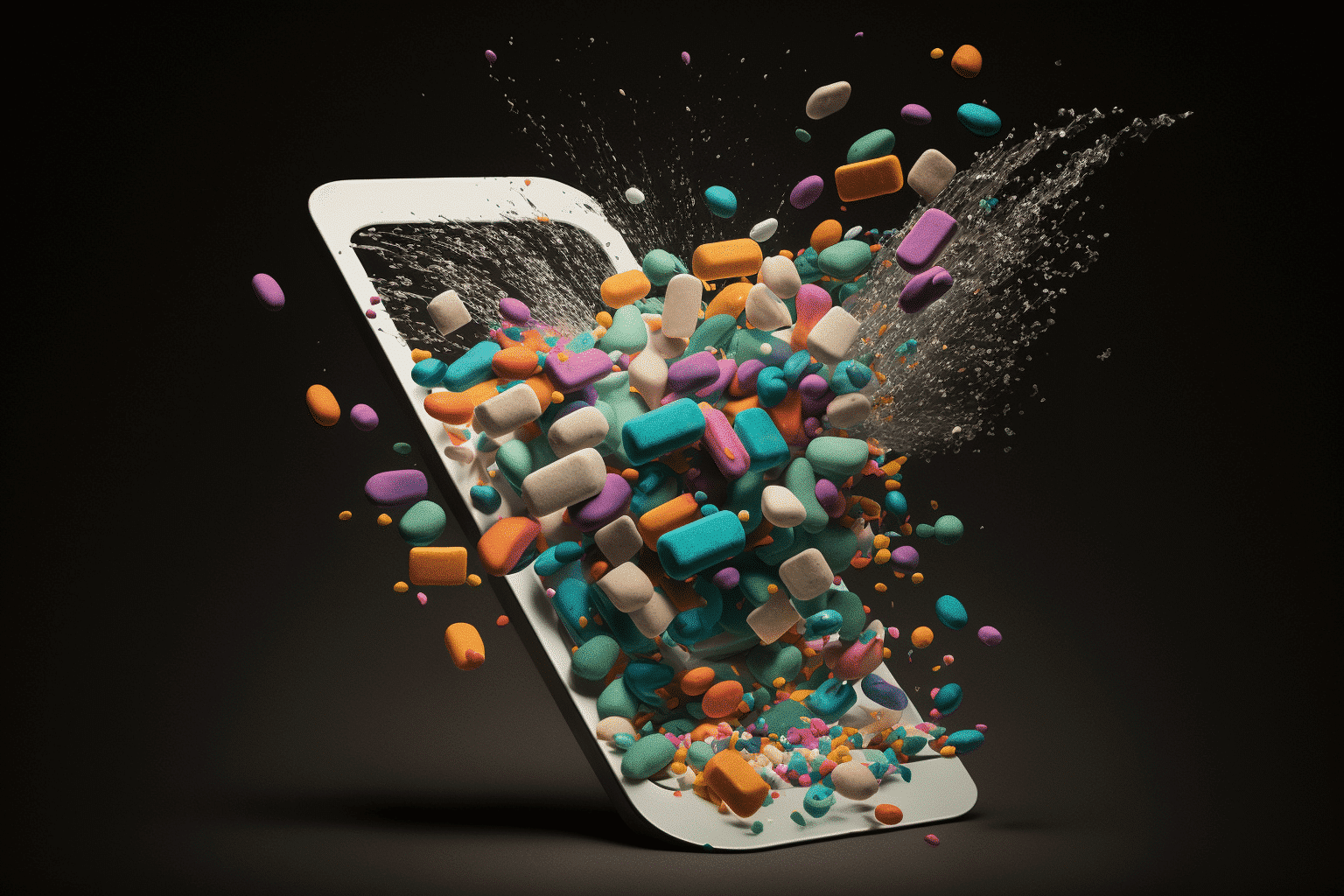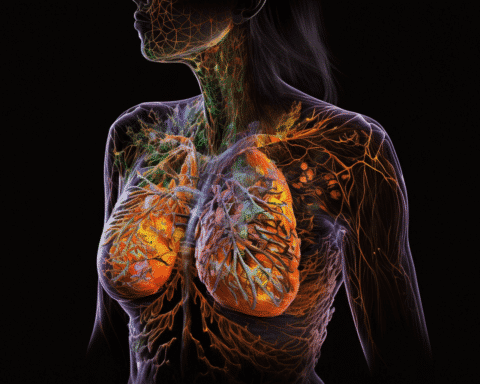A magnesium deficiency can lead to various health issues, including muscle cramps.
Magnesium’s hashtag recently took TikTok by storm, amassing over 450 million views. Enthusiastic users shared videos praising the “magic” of magnesium glycinate supplements and their positive effects on anxiety. One user, Melissa Gray, claimed that these supplements cured her insomnia and anxiety within a week. Her video received more than 16 million views.
Another user, ‘Mandy and Kelsey,’ shared that the supplements made a “huge difference” to her mood swings, anxiety, and sleep, while other users echoed similar experiences. These videos inspired millions to try the supplements.
TikTok has popularized numerous trends, such as beauty hacks and skincare routines. However, when it comes to health, caution is essential.
What is the connection between magnesium glycinate pills and well-being, and should they be consumed without guidance?
Magnesium is abundant in our bodies and plays a role in various critical bodily functions, such as the nervous, cardiovascular, and muscular systems. Fitness trainer and Keto coach Shirley D’Souza explains that magnesium glycinate pills have become popular because they provide better sleep patterns without laxative side effects than other forms of magnesium.
As we age, our ability to absorb magnesium decreases, increasing the risk of magnesium deficiency. Dubai-based sports nutritionist Sagar Jadhav states that this deficiency can lead to health problems like muscle cramps, insomnia, anxiety, and high blood pressure. In such cases, magnesium supplements like magnesium glycinate are prescribed under expert guidance.

Although some studies suggest a correlation between magnesium deficiency and anxiety-related symptoms, there is no conclusive data on magnesium supplementation’s effect on anxiety. Further research is needed to investigate this relationship.
People often seek a quick fix for anxiety. Magnesium pills may reduce anxiety by increasing Gaba (gamma-aminobutyric acid) levels, a neurotransmitter that helps regulate anxiety, relaxation, and sleep. However, Jadhav warns that random pill consumption can be harmful in the long run.
Each individual has a unique medical history. Factors such as pill type, dosage, and the person’s health determine the effectiveness of anxiety supplements. Healthcare providers must monitor their consumption. Internal medicine specialist Abhinav Gupta explains that a placebo effect may also contribute to the perceived benefits of these supplements, so it is crucial to approach them cautiously.
Taking magnesium supplements without professional guidance and proper dosage instructions can be dangerous. Excessive magnesium intake may cause diarrhea, nausea, stomach cramps, irregular heartbeat, low blood pressure, and respiratory distress.
Social media platforms like TikTok offer a wealth of information, but when it comes to health, the advice is only sometimes backed by scientific evidence or regulated by healthcare professionals. Gupta and Jadhav emphasize that marketing rather than genuine health benefits influence these trends. What works for one person may not work for another and could even be harmful.
The popularity of magnesium glycinate supplements on TikTok for their alleged anxiety-reducing and sleep-improving benefits should be approached with caution, as these claims are primarily based on anecdotal evidence and personal experiences.
The effects of magnesium supplementation on anxiety and stress remain inconclusive, and further research is needed. When considering supplements for anxiety or other health concerns, it is crucial to consult with a healthcare professional to assess individual needs and recommend the appropriate type, dosage, and monitoring plan.
Self-medicating without professional guidance can lead to harmful consequences, particularly for those with existing medical conditions or taking other medications. Relying solely on social media platforms like TikTok for health advice is risky, as the information shared is not always scientifically backed or regulated by healthcare professionals.
Prioritize expert guidance when making decisions related to health and well-being, and remember that social media platforms, while valuable sources of information and inspiration, should not be the primary source of healthcare advice.




